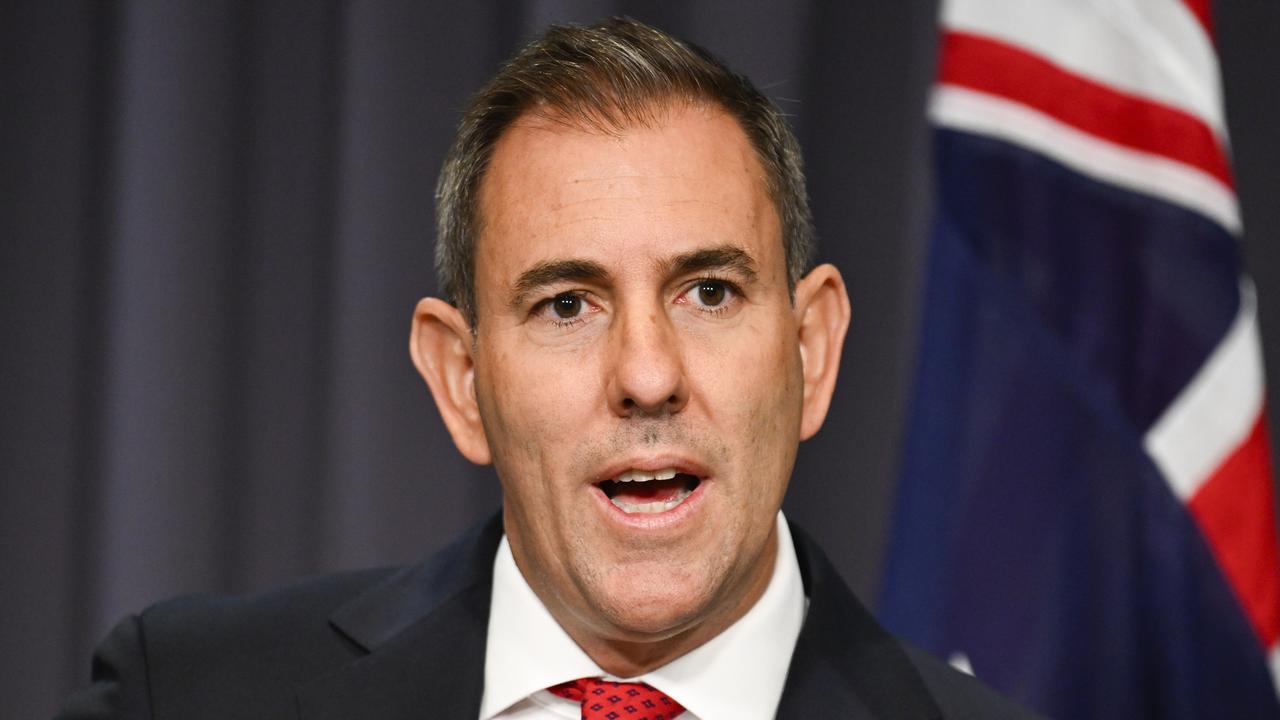Why New Zealand raised interest rates

The Monetary Policy Committee discussed economic developments since the August statement. The committee noted that the level of global economic activity has continued to recover, supported by rising Covid-19 vaccination rates in many countries, a gradual relaxation of mobility restrictions, and continued monetary and fiscal support.
However, the near-term outlook for global growth has weakened somewhat due to the spread of the Delta variant, fuel shortages, and rising risks to the Chinese economy. Considerable uncertainty exists regarding the longer-run economic impacts of Covid-19.
Global inflation has increased due to ongoing supply bottlenecks, resulting in higher costs. These supply disruptions and labour shortages are affecting productive capacity. At the same time, demand is recovering causing pressure on prices. Global inflation has also been pushed higher in the near term by rising energy prices. In part, this reflects transition costs associated with climate change.
In response to signs that inflation pressures are becoming more persistent, some central banks have started the process of reducing monetary policy stimulus.
The committee noted that recent domestic economic data suggest that prior to the country re-entering lockdown in August, the New Zealand economy was starting from a strong aggregate position, and capacity pressures were building. The economy is expected to have contracted sharply as a result of the recent Covid-related restrictions, although by less than the first national lockdown in the second quarter of 2020.
The committee noted that near-term growth will remain volatile, and will depend on the speed and extent to which public health restrictions are eased. However, the experience of last year suggests that timely government support for business and jobs is effective at cushioning the near-term impact on economic activity.
Early data suggest that business and consumer confidence remained robust during the latest lockdown. Some customer-facing businesses in Auckland and a range of service sectors are experiencing more acute stress.
Reflecting the tightness of the labour market, firms have sought to hold on to employees, in some cases supported by wage subsidies. Employment opportunities appear to have remained firm.
As in the global economy, rising demand alongside capacity constraints is contributing to higher domestic inflation. Cost pressure in New Zealand has been accentuated in the near term by higher oil prices, supply shortfalls and rising transport costs. This is expected to result in CPI inflation rising above 4 per cent in the near term, before returning towards the 2 per cent midpoint of the target band over the medium term. Core inflation remains near the target midpoint.
The committee noted significant uncertainty about how changes to public health settings, border restrictions, and rising incidence of Covid-19 in the community will have an impact on economic outcomes as the response to the pandemic evolves. Achieving high vaccination rates will be crucial to reducing the ongoing disruption that Covid-19 has on people and the economy.
The committee agreed that there will be longer-term implications for economic activity both domestically and internationally from the pandemic. The committee will be watching closely how the economy adjusts to the ongoing disruption from endemic Covid-19 and the balance of pressure on demand and supply.
As required by their remit, members assessed the impact of monetary policy on the government’s objective to support more sustainable house prices.
The committee noted the Reserve Bank’s assessment is that the level of house prices is currently unsustainable. Members noted that a number of factors are expected to constrain house prices over the medium term. These include a high rate of house building, slower population growth, changes to tax settings, and tighter bank lending rules. Rising mortgage interest rates, as monetary stimulus is reduced, would also constrain house prices to a more sustainable level.
Members noted a risk that any continued near-term price growth could lead to sharper falls in house prices in the future.
With regard to the stance of monetary policy, the committee noted that the current restrictions are creating a different set of policy challenges than in 2020. Demand shortfalls are less of an issue than the economy hitting capacity constraints given the effectiveness of government support and resilience of household and business balance sheets.
While some capacity bottlenecks are likely to be short-term, there is a risk that these become more persistent as we transition to a Covid-19 endemic state of the world.
The committee agreed that rising capacity pressures would feed through into inflation. Employment is expected to remain at around its maximum sustainable level. Members concluded that monetary policy stimulus will need to be reduced to maintain price stability and maximum sustainable employment over the medium term.
The committee agreed to further reduce the level of monetary stimulus at this meeting by increasing the official cash rate (OCR) to 0.5 per cent. The committee noted that further removal of monetary policy stimulus is expected over time, with future moves contingent on the medium-term outlook for inflation and employment.
Adrian Orr is the governor of the Reserve Bank of New Zealand
This is an extract of the Reserve Bank of New Zealand statement following its Monetary Policy Committee meeting on Wednesday.



